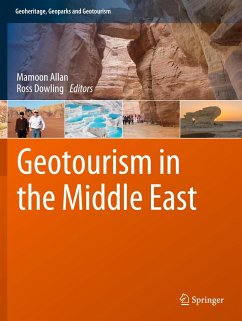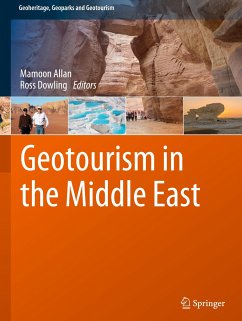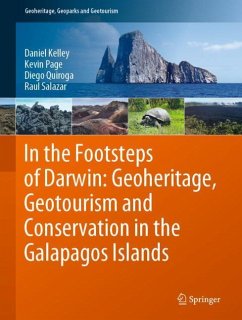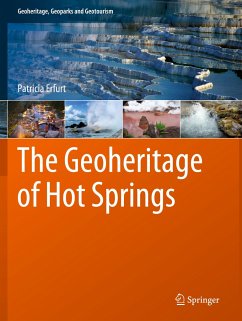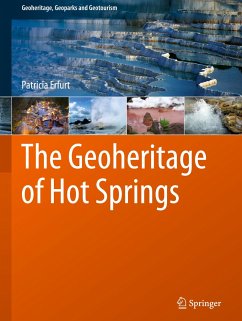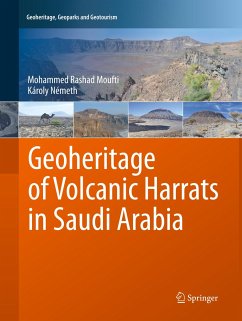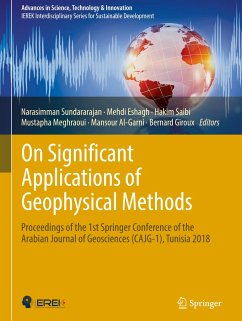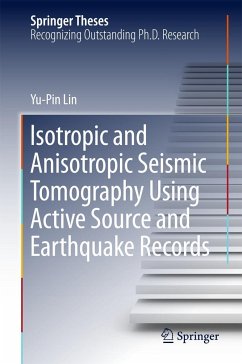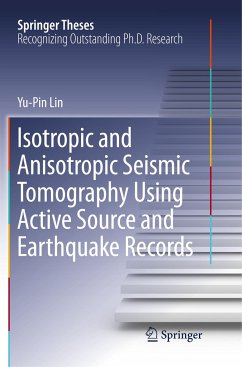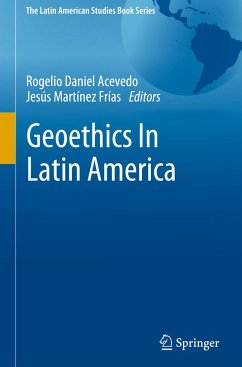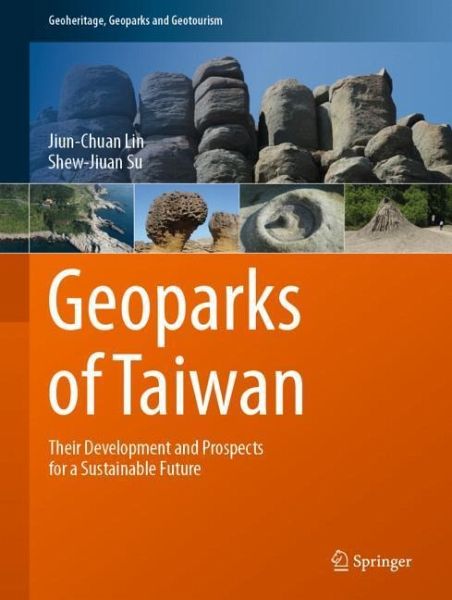
Geoparks of Taiwan
Their Development and Prospects for a Sustainable Future

PAYBACK Punkte
57 °P sammeln!
This book offers an essential introduction to Taiwan's geoparks, issues related to their development, and prospects for a sustainable future. It discusses how promoting geoparks can serve as a tool for a sustainable society based on the lessons learned in Taiwan. Situated in a tectonically dynamic geological setting (at the boundary of the Eurasian and the Philippine Plates) and culturally diversified geographical setting, Taiwan is an ideal candidate for showcasing its "natural wonders" in geoparks, promoting landscape conservation, and expanding the horizons of geoheritage world-wide. The bo...
This book offers an essential introduction to Taiwan's geoparks, issues related to their development, and prospects for a sustainable future. It discusses how promoting geoparks can serve as a tool for a sustainable society based on the lessons learned in Taiwan. Situated in a tectonically dynamic geological setting (at the boundary of the Eurasian and the Philippine Plates) and culturally diversified geographical setting, Taiwan is an ideal candidate for showcasing its "natural wonders" in geoparks, promoting landscape conservation, and expanding the horizons of geoheritage world-wide. The book begins by illustrating the physical and human environments of Taiwan's geoparks, helping readers understand their foundation. In turn, the second section includes chapters describing the development of all six Taiwanese geoparks, offering comprehensive information on each. Lastly, it illustrates the social development and mechanisms used to promote each geopark.



